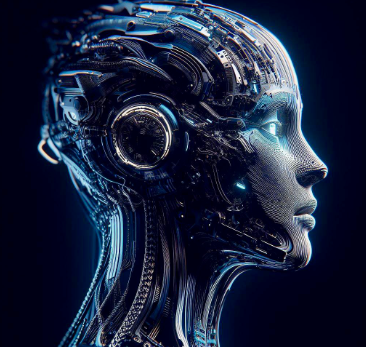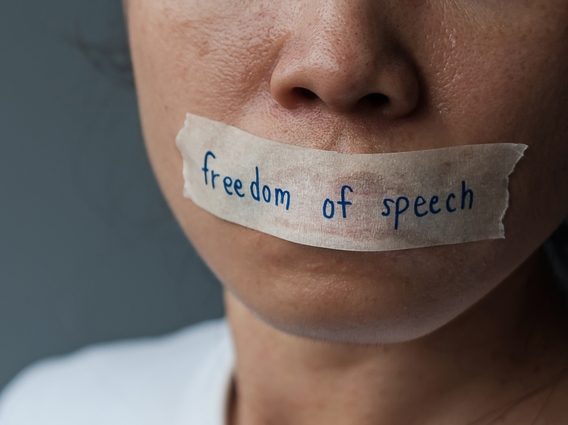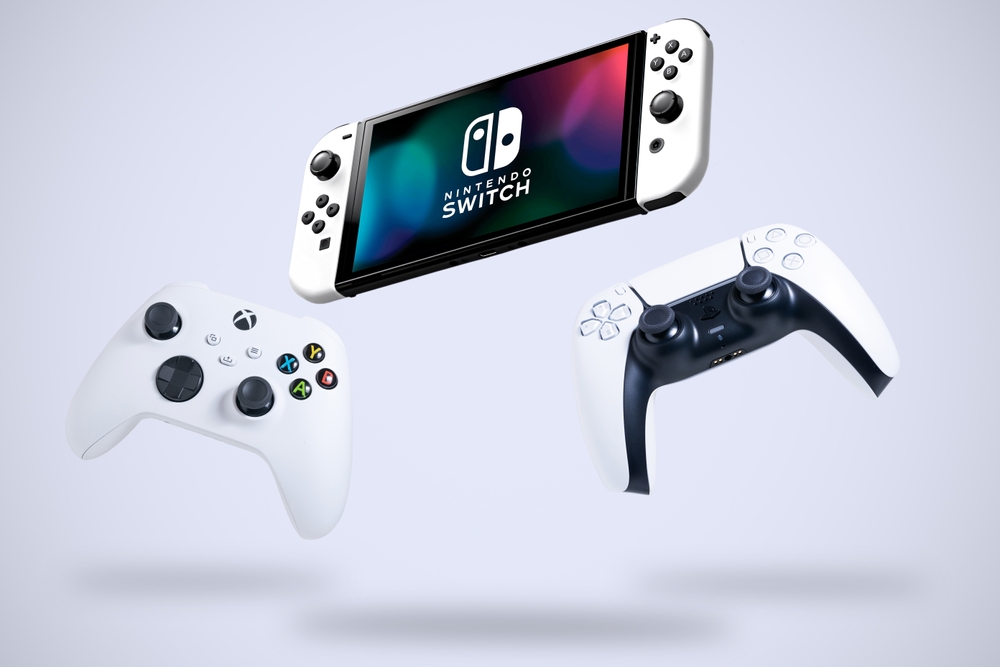When you hear the word AI, what pops into your head? ChatGPT, Alexa, and Google Assistant are all global phenomena that have become prolific means of technology in our society. There are even many modern technologies that we (as Americans)have gotten so used to that we often take them for granted, or gloss over their significance entirely. The drugstore non-contact self-checkout stations at our local CVS? AI. Siri? Also AI. Snapchat, Facebook, and Meta chatbots? That’s AI too. And while we might be horrified by the idea of human cloning and of newly designed robots with strikingly human-like characteristics, we aren’t horrified by those things- why?
The use of AI across businesses and industries in this country has grown by “270% over the last four years,” Ashley Stahl, an economic contributor, reported in a Forbes story. That story was published in 2021.
These statistics may mean nothing to you- perhaps it all seems harmless, mostly because we have gotten used to the presence of most AI and the role it has assumed in our lives. (Once we get used to human-looking robots, we won’t have a care in the world about them, either).
But that is exactly the problem with the proliferation of AI as it stands today. Because we are not hyper-aware and alert about the AI around us, we aren’t noticing all of the effects that they are having on us.
The reality of job displacement due to creation and implementation of AI is, of course, real. In fact, the entire phenomenon draws striking parallels to that of the Great Depression, when many factory and other industrial jobs were erased due to the expansion of newly-created automation machinery that replaced the need for human labor. Sounds familiar, doesn’t it?
I believe, though, that, for the moment at least, more attention should be paid to the effects AI is having on the way that we treat one another. It is not nearly an as-discussed topic as job displacement, but it is just as important- in some ways, even more so.
In his Dec. 15, 2023 guest essay for The Economist, sociologist Nicholas Christakis dissects what he views as the “social effect” of AI proliferation. “These technologies will induce ‘social spillovers’—influencing how people react to and learn from the behavior of other people,” he says.
The power of influence is real, and the tendency we have to mimic the actions and speech of the people we are surrounded by is one of natural human nature. Perhaps, though, no one ever seriously anticipated that we might begin to mimic the behavior of the non-human entities around us too- but we do it, even if unconsciously. And it is alarmingly prevalent- I often find myself, recently especially, noticing the robotic and particularly impersonal nature of many of the people I go to school with (both academically and at music school). Within that personal observation also lies a more specific concern- the fact that because the brains of teenagers and even younger kids are not fully developed, we are even more impressionable and likely to mimic what we hear and see around us than, say, a 35-year-old millennial.
Don’t get me wrong on this point- there are a million and one other reasons why people may communicate awkwardly, distantly, or with little emotion. I find it hard to believe, however, that AI has not played any role at all in the general sociability and communication of current generations, considering how often we interact with it as a society.
And, of course, AI has an effect on the expectations we have for others in terms of the way they interact with us– Christakis observes that “some users of dating apps, for instance, have found that they enjoy flirting with a virtual partner more than going on an actual date.”
I find this all extremely sad. I do believe, though, that being more aware of these problems and affects is a significant first step to dealing with them. Perhaps if we are just a little more attentive, we can take AI over before it eats us alive.








